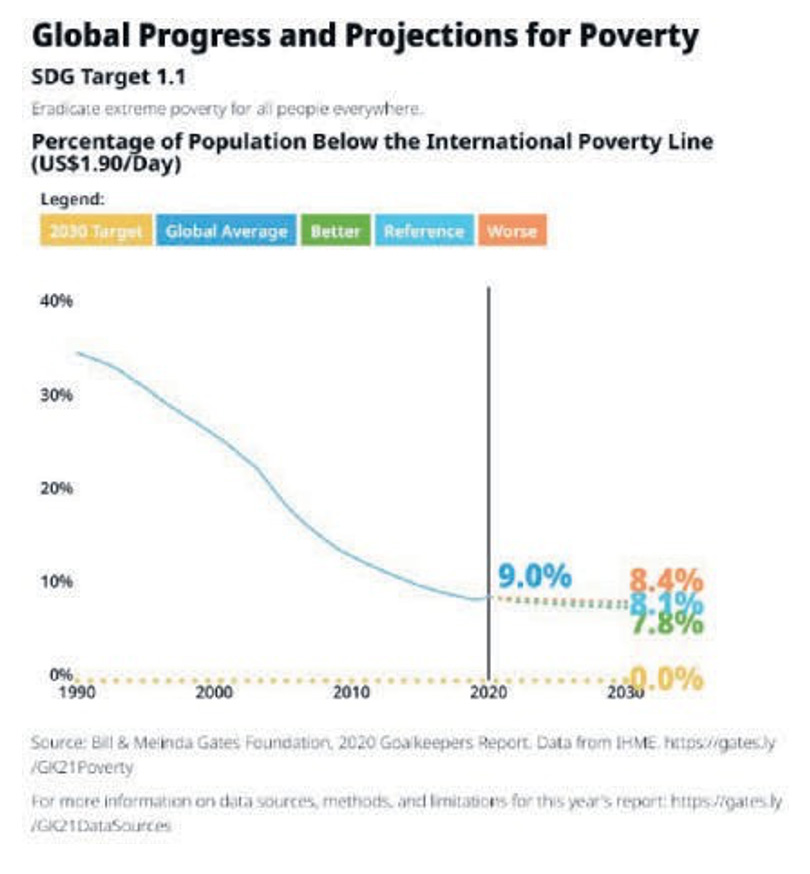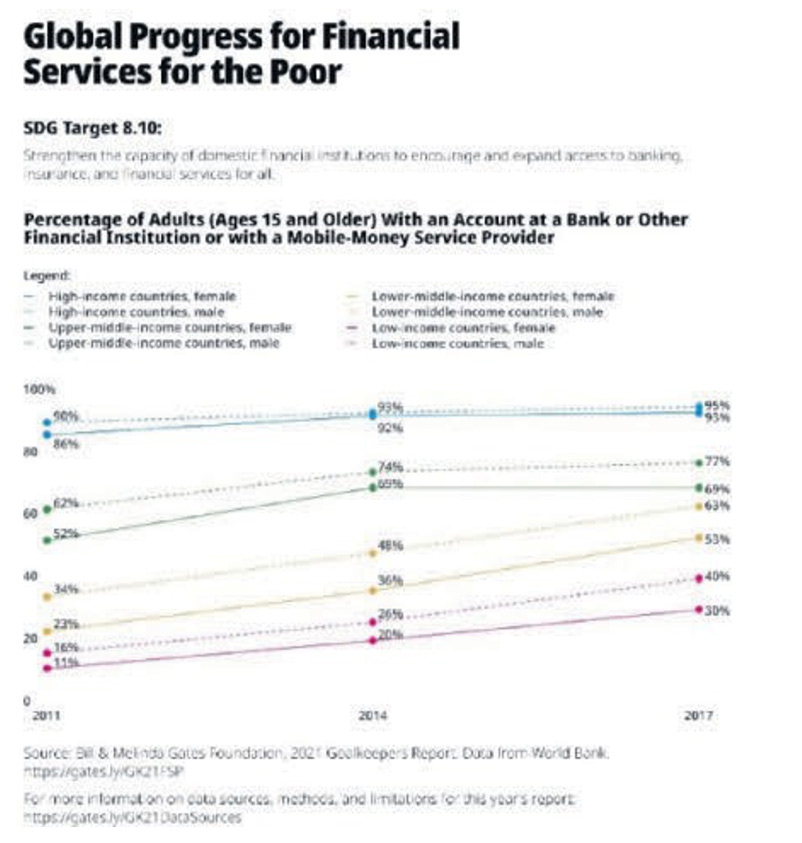Are You Against Peace of Mind?
What Is A Will? Probate – Who Cares?
What Is A Trust? Why Do Trusts Routinely Fail?
Why Don’t They Ever Talk About The Real Problem?
Why Are They Misleading You?
Is Now A Bad Time?
American Middle-Class Values Are Universal
The Future Is Middle Class
Sometimes do you feel surrounded by gloomy complainers who think you should be as anxious and angry as they are? At Christmastime, they complain about everything: gift-giving is bad, Christmas dinner is sinfully extravagant, family time is traumatic. Sad. Proof positive that misery loves company.
Gloomy Gus and Miserable Mary take especial twisted delight in accusing you of all manner of wretched, greedy, evil behavior. Your joy in simple pleasures both infuriates and depresses them. They have “issues.” Every glass is half-empty. All emotions are tainted. Lurking beneath each good deed is a selfish and unworthy motive. The pinnacle of their dismal happiness is to accuse America of unique and awful sin. COVID responses have only deepened their malaise.
What rubbish! Just as your (vaccinated!) immune system rapidly isolates and destroys deadly viruses and bacteria, we need to inoculate ourselves against this deeply stupid and self-destructive whining. Childish and immature? Yes. Infantile and unserious? Definitely. That does not mean we can ignore this injurious infection. Sunshine is the best disinfectant!
Is everything bad and getting worse? Are you an awful person? It is easy to observe that throughout human history, humans have wanted the same things. Why do they ridicule the notion that we are all the same underneath?
You spent a lifetime working and saving. You paid your bills. You raised your kids. You showed up. Nose to the grindstone. Happy warrior. Fighting the good fight.
Lucky for you, you are an American. Being an American means that your efforts count. You can get stuff. And keep it. And enjoy it. Some people like snowmobiles. Other people like Precious Moments™ figurines. Bowling balls and pool cues. Snap-on Tools™. Surf boards. Quilts. Pottery. We like our stuff. It is good to get stuff. The more stuff, the better.
Abundance. Prosperity. Wealth.
How do I know that it is good to get stuff? Look around. Everybody, in every country, around the world, is trying to get stuff. Stuff like yours. Stuff we take for granted.
It starts with sanitation. Toilets. Clean water. Pretty soon folks want electricity. And a bank account. For their savings. Then cell phones. Then McDonald’s™ hamburgers. Then a place to call their own. Then a house. And a car. Health care too. People like to live. They like to live with their stuff. It’s not just you.
Everybody’s doing it.
How do I know? Glad you asked…
Extreme Poverty Almost Gone
The world is becoming middle-class. America just got there first. Not getting blown up in WWII probably helped. Working really hard and believing the America Dream also helped. And now, according to the Bill and Melinda Gates Foundation, in the 2020 Goalkeepers Report, the world is catching up.

Worried about Extreme Poverty? It is practically a thing of the past. Look at the graph. Go to the website. All good news!
Got Personal Hygiene?
Get Running Water and Toilets…
What about safe water? Again, check out the chart. More people than ever are living healthier lives. Who knew that things were so good? The truth is that other folks want the same things you do. And, like you, they are willing to work to get those good things. Is it ridiculous to think that other people want flush toilets, clean water, and a place to wash their hands? Did you think anyone was choosing to wash in sewage?

Who Needs Banks and Banking Services The Most? Poor Folks
And what about money? Once again, trust your own eyes. Even in the poorest countries. Even the poorest people in those countries. 30% of the poorest people in the world have bank accounts. A safe place to store the fruits of their labors. Giving them a way out of poverty. Promising them a brighter future.
The job is not done. Not by a long stretch. Be of good cheer. Progress is tough to derail. Not even the COVID pandemic or some of the hysterical reactions to it have significantly slowed the train. So. Let the nattering nabobs of negativism tell you how bad everything is… Then give them a reality check. Pow! Right in the kisser. Metaphorically. Rhetorically. Confidently.
The future is middle class.
Middle class folks want to make things better for the family members they leave behind. It is a new kind of problem for most people. Including most Americans.
You Got Stuff, You Die Who Gets Your Stuff?
The Last Will and Testament
Funny thing about stuff. It lasts longer than you do. What happens then? The answer to that question is the beginning of estate planning. For a very long time, only the pashas, potentates and princes had anything worth having. But that began to change. Slowly at first, but eventually lots of folks had stuff that was still around after they were gone and still useful.
Who gets it? That was a big problem. The answer was a new kind of court, the probate court. A special place where all this could be settled out.
Along with getting stuff for themselves, folks wanted to give the next generation a leg up. They wanted to say who would get the left-overs. And that’s where wills come in.
Your Last Will and Testament is simply instructions to the probate court. That is it. Your Will only works if it goes through probate. Lots of people will tell you, “I don’t have to worry about probate, I have a Will!” And now you know better.
How much does it cost to probate your leftover stuff? A frequently cited number, attributed to AARP, is 4-10% of the value of the estate. That seems about right to me.
Why so expensive? Because you left a big mess. While you are alive, your name is on your stuff. You are large and in charge. It is as if you were carrying items around in a store. In your arms. As long as you are steady on your feet… no problem. But if you slip and fall… Whoops! There goes all the stuff you were carrying. And now you have made a big mess. You were in complete control of your stuff. Now nobody is in control. Stuff goes flying. Good luck sorting it out. Nice easy job, cleaning up the mess.
But cleaning up the mess is exactly what the probate court does. The probate court is a janitor. Your will is simply a note found in the mess. Let’s hope the janitor finds the note. And reads it. And follows it. And is not distracted by everything else going on…
Probate is not a curse inflicted on innocent people by a vengeful deity. Probate is the necessary and unavoidable consequence of the rise of the middle class. Together with a failure to plan ahead.
You Got Stuff, You Die Who Gets Your Stuff? The Trust
Is it ridiculous to think that most people would rather not lose 4-10% of their leftover life savings? Are you opposed to keeping what you have earned? Maybe then avoiding probate would be a good idea. Are you against finding better ways to get the job done? I didn’t think so…
That’s where the trust comes in. Trusts hold your stuff, like a shopping cart at the store. You are in control.
Put things in. Take things out. Re-arrange. It is all up to you. The key is that when you “slip and fall”, your possessions are in the cart. Sure, you went flying. Call the EMTs! But your stuff remains in the shopping cart/ trust. No fuss. No muss. Nothing for the janitor to do. Your successor trustee steps up and divvies up the stuff to your deserving and grateful family members. What could be easier? Are you surprised that trusts are so popular?
The Huge Dirty Secret of Trust-Based Planning
Is it ridiculous to think that a highly profitable industry based on cleaning up messes might want to go on cleaning up those messes? Can continue collecting those fees? If you were collecting 4-10% of folks’ leftover lifesavings, would you be in a rush to cut off that gravy train? Is it bad to wonder why 90+% of trusts fail? Is it cynical and ill-natured to wonder whether the astonishing failure rate of trusts has anything to do with probate industry profits?
Why do trusts fail harder than the Wizard of Oz? The simple reason, which is well-known to your banker, insurance agent, financial advisor, attorney, and anyone else with the slightest familiarity, is that hardly anything gets into the shopping cart.
You paid for a bright and shiny new trust/shopping cart. And that is what you received. It is beautiful! Leather binder. Lots of pages. Wow! And it is empty. And you are still carrying all those items around in your arms. So when you slip and fall… oopsie! All your stuff STILL goes flying, STILL makes a huge mess, STILL requires probate.
How Do They Get Away With Such Piracy?!
How does the probate industry get away with it? Simple. In that fancy binder of yours, there is a memorandum/ letter/instruction booklet/ brochure. In that document, the responsibility of getting your stuff into your trust is placed squarely on your shoulders.
Did you know that? Would it be a waste of your time to, right now, dig into that fancy binder and find that memo? It is in there, I promise.
The memo is how the probate industry turns your kids’ righteous indignation at having to pay for probate into sheepish surrender. It was Mom and Dad’s fault! They did not follow the instructions! Aww gee! Heh heh… betcha ya didn’t see that coming!
What if there was a law firm that did the hard work of tracking down your assets with you and getting them into the trust. Would you be surprised if the process took longer? Would it be a shock that it cost more? Would you be against getting what you paid for?
Would you be surprised to learn that there is no free lunch?
American Middle-Class Values
Are The Wave Of The Future
Do you reject the idea that a rising tide lifts all boats? Is it too farfetched to think that today’s “rising tide” are the peaceful virtues of the middle-class lifestyle? Rapidly spreading across the globe. Raising hundreds of millions, billions of our sisters and brothers out of poverty. On to the path for a better life.
Our better future has its enemies. Craven, miserable, alive only with jealousy and envy. You extend the helping hand of friendship; they see only the claw of exploitation. You offer to help build, construct, improve, they seek only to tear down, demolish, devastate.
You are winning. Ever more desperate, they are losing.
Peace of mind and security are waiting for everyone who embraces productive work. While you are here. And after you are gone. Waiting for you. You have a choice. Despite what “everybody else” says.
Well, here you are. Now you know. No excuses. Get the information, insight, inspiration. It is your turn. Ignore the message? Invite poverty? Or get the freely offered information. To make wise decisions. For you. For your loved ones.


